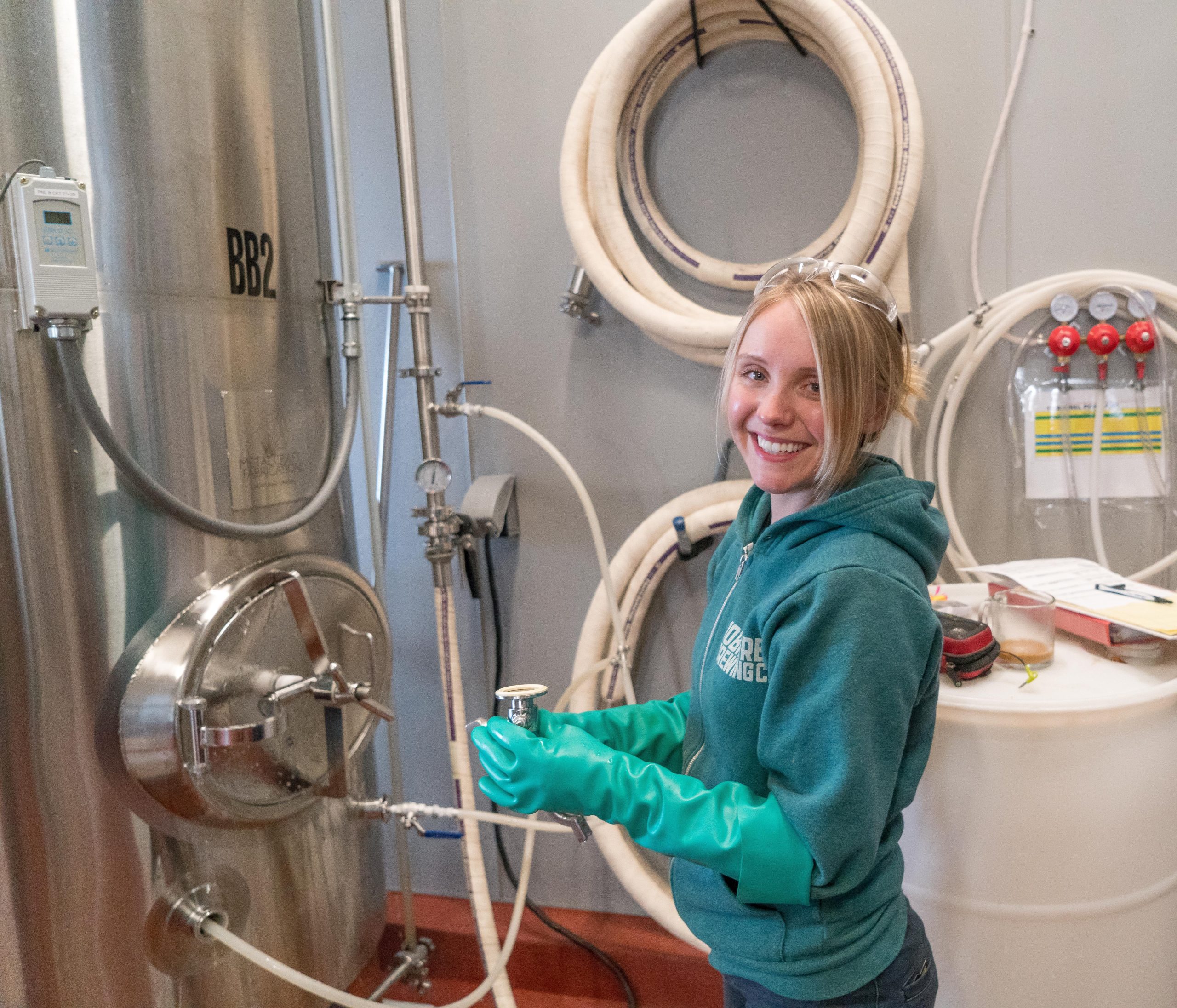7 September 2023
What is a Placement Year?

Whether you’ve heard it around campus or directly from your professor, you’re probably familiar with a placement year, but not had the chance to find out what it actually is.
More and more students are doing a placement year nowadays, as it gives you lots of experience and boosts your chances of securing a job soon after you graduate.
- What actually is a placement?
- Why do a placement year?
- Start your applications early
- Apply. apply. apply.
- Practice makes perfect
- Absorb everything
- You’re not there to make the tea and coffee
- How to get a placement year
What actually is a placement?
A placement year is a programme available to third year students that involves taking time out from university to go into the big wide world and gain some all-important work experience with an employer.
Placements usually last a full academic year and are available across all industries. It doesn’t really matter what you’re studying, as there’ll be relevant opportunities for you!
The best time to apply is between September and May, in your second year of university.
Why do a placement year?
If you’re lucky enough to already have a placement year as part of your course, don’t groan about it. There are plenty of reasons why you should do a placement.
- Boosts employability within a certain sector
- Try out skills and knowledge you’ve gained during your degree so far
- Gain an insight into the industry you want to work in
- Develop the skills employers are looking for
- Build up a list of industry contacts.
Before you race off to start your applications, here are five more things you should know about undertaking a placement year…
#1 Start your applications early
You need to start early with your applications.
According to the ISE, the average grad job receives 63 applicants. Placement years don’t fall far behind this. Some of the bigger companies even close their submission periods early because they receive so many applications.
When do roles go live?
Typically, most roles go live on RateMyPlacement.co.uk around September time. Make sure you’ve already looked into what type of role you want to get into, and which company you want to work for, so you’re ready when the right opportunity arises.
Ask your careers team for help
You should also make good use of your careers team while you’re at university. They’ll help you with your placement CV and cover letter for any applications that you make.

#2 Apply. Apply. Apply.
It’s important to remember that it’s hard to get a placement. Don’t think that just because you’re a fresh-faced student looking for a year’s work experience that employers will be fighting over you. You’ve got to make them fight over you!
Most students apply to 10-20 internships before they land one. While it may seem daunting to go through several interviews, it’s definitely worth doing – not just for the experience, but also for the people you meet.
Don’t give up at the first hurdle.
#3 Practice makes perfect
When it comes to interviews, you can never be too prepared! Before you land a year in placement, you’ll likely go to your fair share of assessment centres and interviews.
Treat each interview as an opportunity to put into practice specific techniques (we love the STAR method, for example). The more interviews you have, the better you will be!
Practice your answers over the phone to your parents, friends or university placement officer in the run-up to your interview. By the time you sit down for the real thing, you’ll be calm and prepared.

We have lots of advice to get your application in tip-top shape. It includes everything from CV and cover letter templates to interview practice questions and tips direct from our Best Student Employers.
#4 Absorb everything (like a sponge would)
Once you’ve started your placement year, take every opportunity that comes your way. From visiting other companies to attending training sessions, you never know what you’ll gain by saying “YES”.
Once you recognise your placement as one big learning experience, you’ll get more out of it.
Go into your first few weeks with an idea of the skills you would like to develop and talk with your manager or team about how you can organise training. Get involved with specific projects wherever possible.
This short video from the University of Sheffield’s career service talks you through the hows and wheres of finding placements. Plus, it features golden tips for finding work experience from students who have secured a placement.
#5 You’re not there to make the tea and coffee
There’s a big misconception that placements don’t involve real work and that you’ll spend most of your time making tea. This just isn’t true!
Depending on what industry you get involved in, you’ll very likely be part of exciting projects and real-life tasks that will make a difference. You’ll have responsibility. It might be challenging and stressful at times, but it’s well worth it.
By the end of your placement year, your CV will be filled to the brim with excellent experience that graduate employers will be fighting over.
Want to set yourself up for success in any future work experience application? Sign up to our FREE Career Coaching Course, a four-day virtual programme in October, to upskill yourself on CVs, applications and interviews.
How to get a placement year?
To look for the right placement for you, you can filter your search by industry, employer and location on RateMyPlacement.co.uk. There are hundreds of roles available right now…
If you want to know everything there is to know about a placement year, read our full Guide to Placements.
Written by Amber
Amber is our Digital Marketing Executive here at RateMyPlacement.co.uk. Having completed a placement year herself, her knowledge of placements is unparalleled as she's been through the application process first hand.